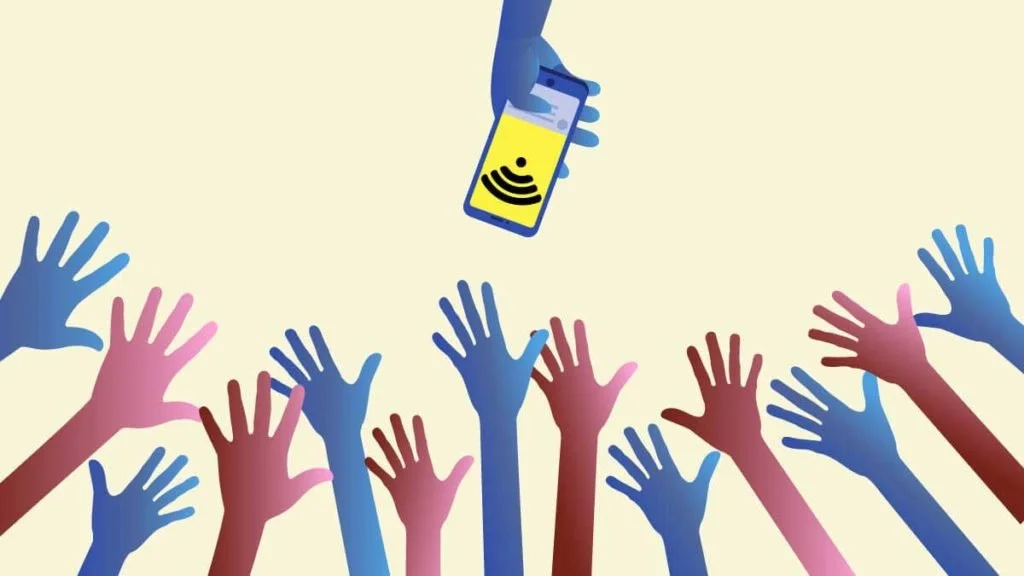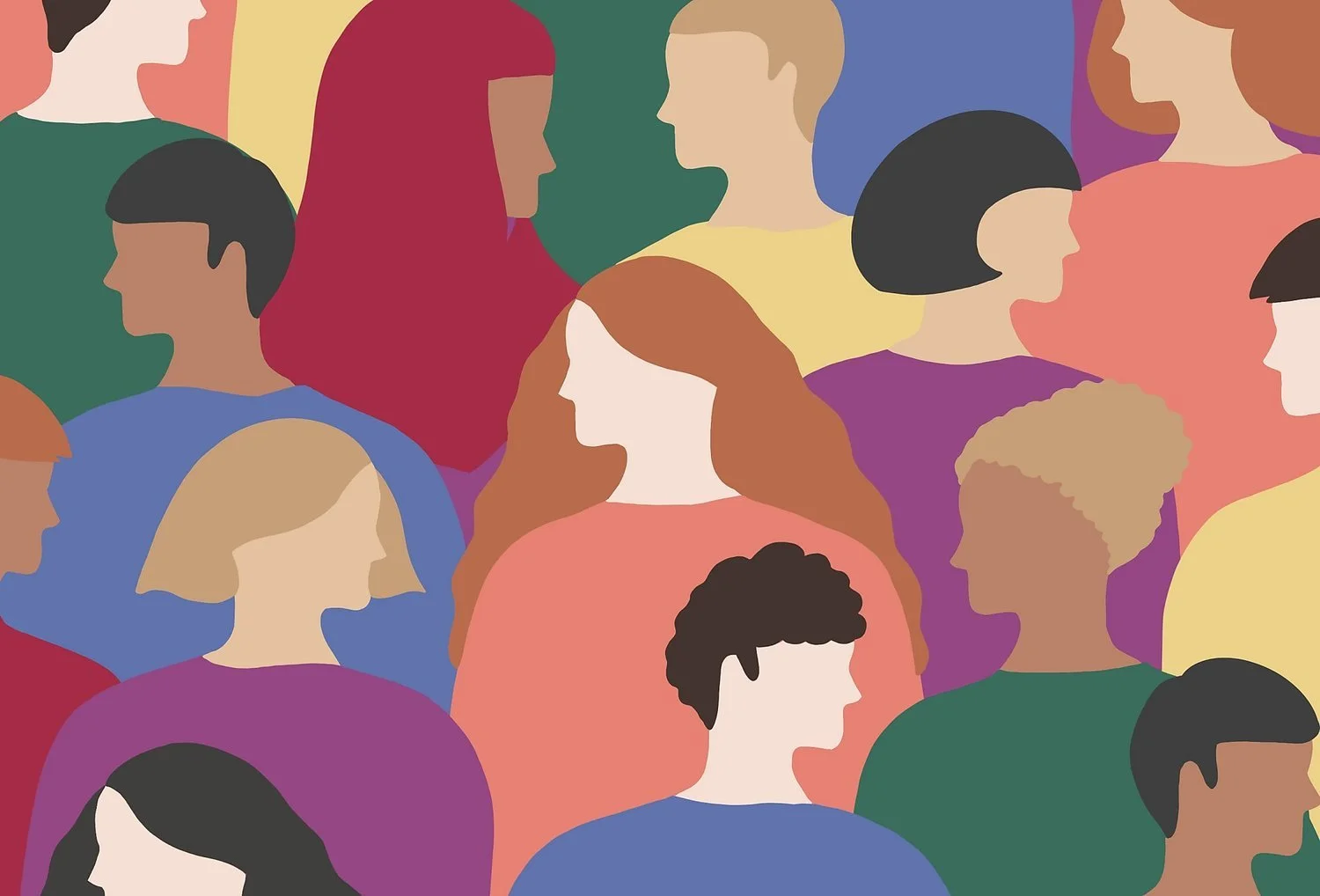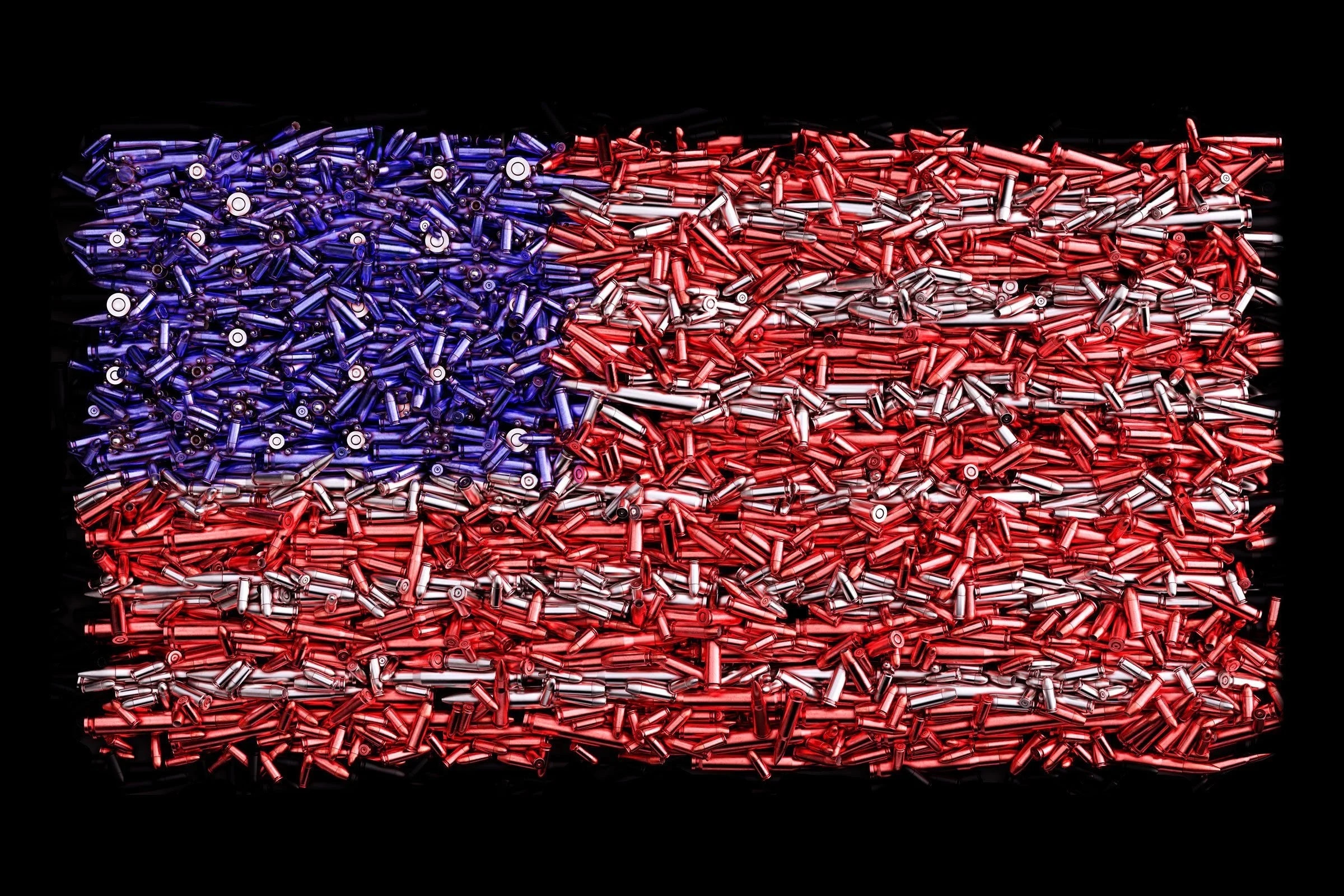Social Justice
Column Leader: Henry Kanlian

A personal connection to asian hate crimes in the U.S., as told by Arcadia staff writer Rosie Hassel.
On April 22, 2020, 20-year-old US Army Private First Class Vanessa Guillen, stationed at Fort Hood, Texas, received a text asking for assistance in the armory from a colleague. Once she entered the armoury, she was never heard from again. When she didn’t report to work the next day, her command did what was expected of them, and started an investigation into her disappearance. The painful irony is that if Vanessa had believed her command would also do what was expected of them in the case of sexual assault and harassment, a different investigation would have taken place, one that most likely would have prevented her death.
“As a result, I naively dismissed the problematic example and attributed it to the time and context it was written in. It was only when my professor assigned Crusoe, Friday and the Raced Market Frame of Orthodox Economics Textbooks, by Matthew Watson that I finally caught a glimpse of the bigger picture – that the Robinson-Crusoe rhetoric is actually commonplace in economics textbooks.”
“My view of modern Black-led youth movements comes from a place of sadness and admiration. I hate that people my age are forced to fight the battles of corruption but I am extremely humbled by the acts of courage I’ve seen. The hands of white supremacy have twisted our ideals to value money over people, production over product and individuals over communities. The EndSARS protests started as a call for the disbanding of the police force but turned into a multi-dimensional demand for a more equitable government.”
“When African people were savagely kidnapped and arrived in unknown territory, they were deprived of their traditional wardrobes, practices, and rituals. Natural hairstyles, particularly braided hairstyles, were seen as a form of communication. It communicated a story about a person’s marital status, age, religion, ethnic identity, wealth, and rank within the community. One of the first things slave traders did was shave slaves’ heads. Europeans erased the slaves’ identity and culture by dehumanizing them.”
“In that moment, my mind only considered the “what-ifs.” What if my mother was not so close by? What if there were fewer people around? What if I were to be arrested by him, alone in a police car?”
WARNING: This article contains discussions of sexual assault and sexual violence.
Afro Iranians today are integrated into southern Iran and its culture. Southern culture, called Bandari (Bandar or Bandargah meaning port), is a mixture of Native Iranian, African, and Arab elements. Within Iran itself, they are little known by those in the northern provinces due to lack of exposure.
For many Americans, 2020 has been an avalanche of unrelenting crises. But for people living on the west coast, three of these crises–wildfires, racial injustice in the form of mass incarceration, and the COVID-19 pandemic–are inextricably related.




























